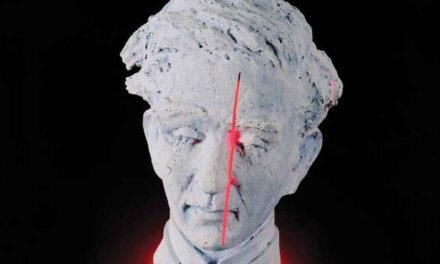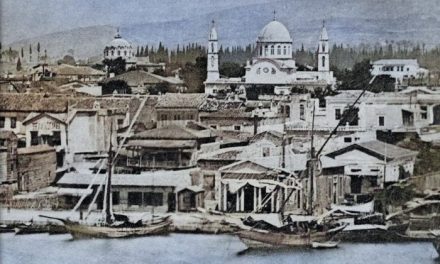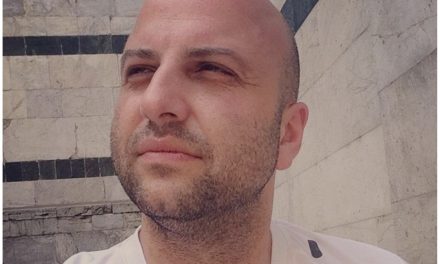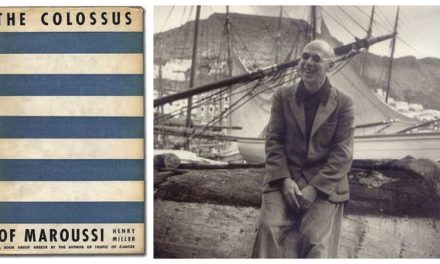Dimitris Stefanakis (1961) studied Law in the University of Athens. He has translated the works of Saul Bellow, John Updike, Margaret Atwood, E.M. Forster, Joseph Brodsky and Prosper Merimée as well as historical and philosophical essays. Since his debut in 2000 he has published twelve novels. Days of Alexandria was published in French by Viviane Hamy and in 2011 it was awarded both the Prix Mediterranée Etranger and the International Cavafy Prize. Days of Alexandria was also nominated for the Prix du Livre Europeén 2011, representing Greece and was translated in Spanish and Arabic. Film Noir was recently published in French. Dimitris Stefanakis has been also decorated by the French Government as Chevalier des Arts et des Lettres.

Your book Days of Alexandria received critical acclaim upon publication, and was recently followed by Always Alexandria . Tell us a few things about this literary venture of yours.
As far as I’m concerned, this literary venture has been a process of both reading and writing. “Reading” had to do with books, as well as with journals, films, photos, testimonies. Writing required a certain degree of independence on the part of the characters that tell the story and drive the plot. After all, it was their story to tell. My duty was just to craft the narrative voice, to shape a style that could unify the invented world they inhabit.
The books constitute a masterly portrait of Alexandria. Where does the History of the city and the surrounding environment meet the micro-stories of its heroes?
There is always a dividing line where History and micro-stories meet and I guess that this is the miracle we call fiction: the reconciliation of reality and imagination. At first we all use a realistic point of view, whether it is a historical moment or a daily life vignette, but afterwards, the imagination takes over and the whole thing becomes an exercise in invention.
“Alexandria actually became my city, as I had to re-invent the myth bequeathed to us by the poetry of Cavafy”, you stated in an interview. How demanding was to write a book about Alexandria? Where did you draw your material from?
Cavafy’s Alexandria is certainly a constructed city, a “paper city”. His poetry was a kind of chamber music. I kept his re-inventing influence and I set out to compose my own Alexandria as an outdoor adventure, laying the scenes for my readers with detailed descriptions. In novels we cannot just assume that the world exists. We have to build it from scratch. In that case, a significant amount of material is needed. I drew this material from everywhere, but mostly from books and testimonies.
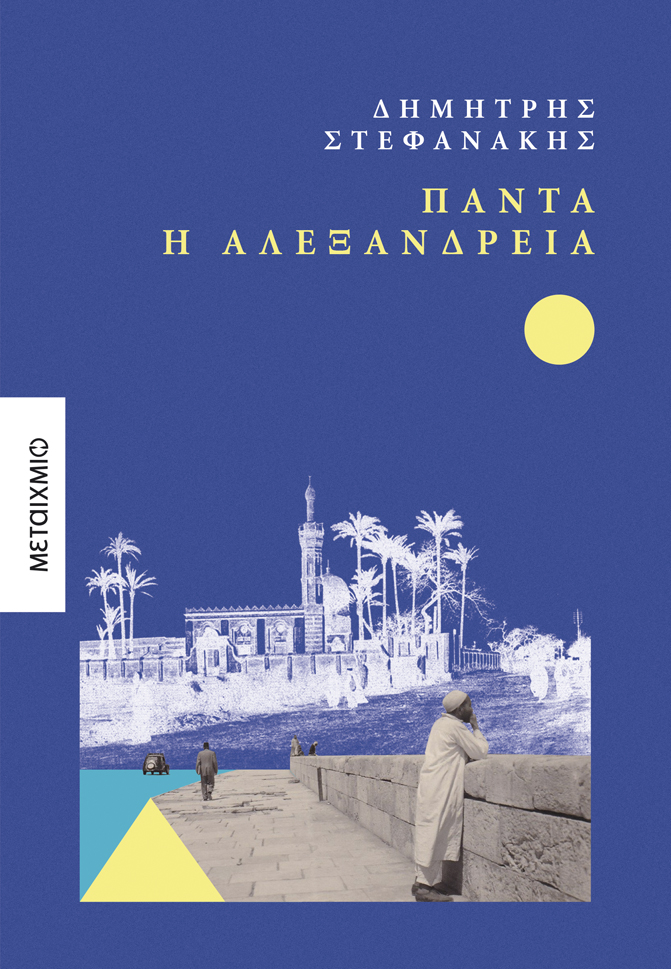
What about language? What role does language play in your work?
Language has had a crucial role in my work. Alexandrians experienced the miracle of multilingualism. It was therefore essential to capture that mixture of languages in everyday life. When writing my two novels, I somehow discovered that words and phrases might be able to work as some kind of illustration.
Ηοw does literature converse with the world it inhabits? Could literature be used to imagine what could be radically different realities?
Reality is undeniably a fierce enemy of literature. People stuck in real life think of fiction as a joke, accepting only the literature that mirrors their banality. It takes a free spirit to imagine different realities than the one we experience. Literature can nurture this spirit.
Since your first book in 2000, what has changed and what has remained the same? Are there recurrent points of reference in your writings?
The only thing that has not changed in these twenty-five years is the toil of creation. I have been working towards my personal vision of literature practicing patience on a regular basis. In the meantime, I have tried to be less ambitious and more generous, although I am not sure if I have succeeded.
As for the recurrent points of reference in my works, I have always written with the belief that the novel is the most insightful way of interpreting the world and the human condition.
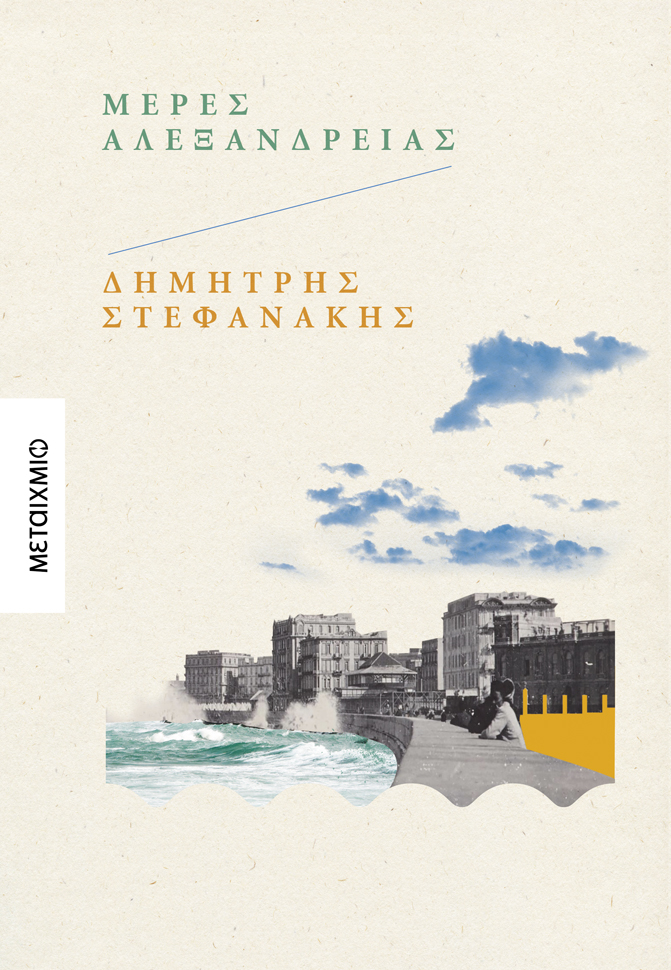
“We will have every reason to long for the old days and tell stories, hoping that one day each of us will return to our own Alexandria”. Does writing literature constitute a way for you to reach a longed-for destination?
Writing literature is a destination itself. It is so difficult, so challenging to be a novelist that you cannot keep going unless you are destined for it. In that case, “Alexandria” represents a longed-for masterpiece. But, since nowadays no one writes such masterpieces, we simply hope to generate books that are pleasurable to read.
*Interview by Athina Rossoglou
** Intro Photo © 2016 Irene Savaidis/ PlatinumPhotos.gr
TAGS: LITERATURE & BOOKS | READING GREECE

